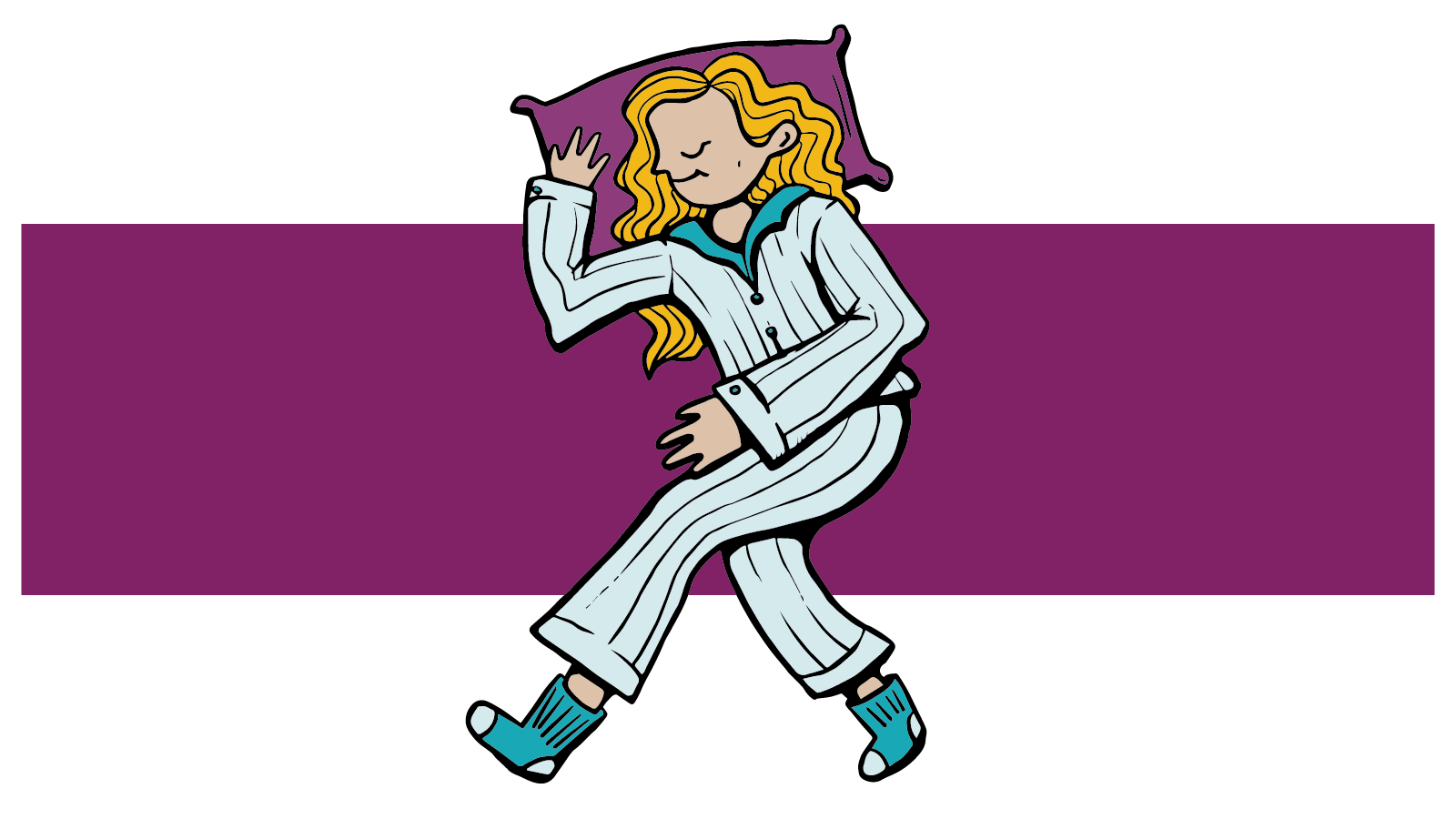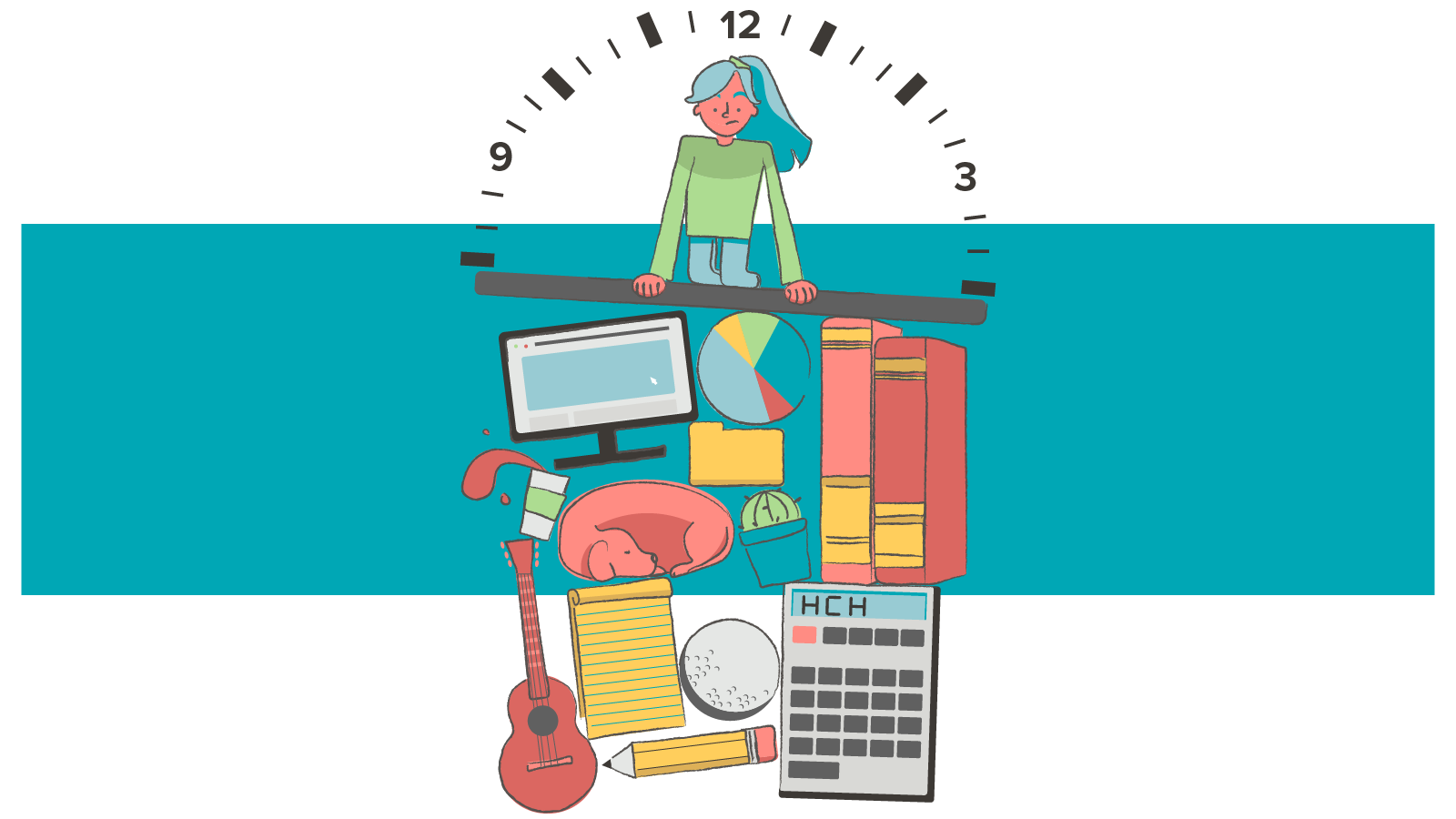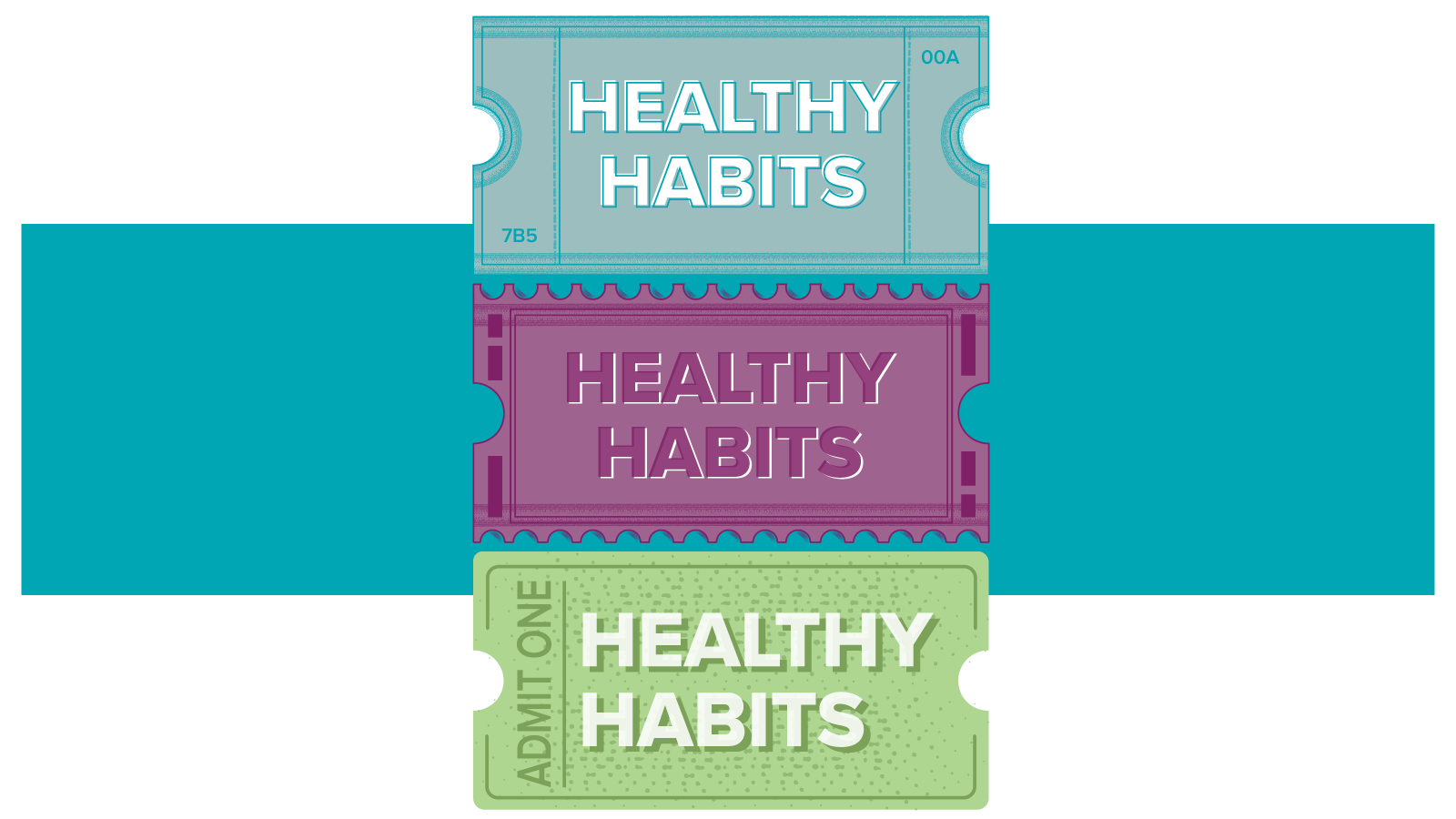
Sleep takes up one-third of our lives—that's a lot of down time, and until the 1950’s most scientists believed that during most of it, human brains and bodies power down completely.
This notion of passive sleep ended with the discovery of circadian rhythms: the name given to physiological processes directed by the 24-hour cycle of light and dark. Circadian rhythms regulate your sleep-wake cycle and a host of physical, mental, and behavioral processes you rely on but don’t think much about when you’re awake. Hormone release, body temperature regulation, and eating and digesting are natural processes we stay in tune with during the waking day, but they also happen while we sleep.
Today, the field of sleep science keeps shifting how we talk about, think about, and go about sleeping. Here are some recent peer-reviewed studies to consider:
- Sleep duration is strategic to heart health—important enough for the American Heart Association to revise their “Life’s Essential 8” superlist to include sleep duration in June 2022. (For optimal heart function, most people need 7-9 hours.)
- If you decrease the amount of sleep you get and maintain those hours for six weeks, a new study funded by the National Institutes of Health (NIH) says the sustained decrease produced to increased markers for inflammation. In other words, a consistent, healthy sleep schedule may reduce the severity of inflammatory conditions.
- Need to convince the kids? Through the Adolescent Brain Cognitive Development (ABCD) study, sleep researchers found that children who sleep less than nine hours at night can suffer cognitive developmental decline in parts of the brain that signal attention, memory, and inhibition control. These effects were shown to linger after two years, a first-finding that “suggests long-term harm for those who do not get enough sleep.”
- During deep, quality sleep, our brains flush out waste through cerebrospinal fluid. Insufficient sleep leads to a buildup of increased levels of protein in the brain—risks associated with Alzheimer’s disease.
Better sleep? Yes, please!
“I CAN’T SLEEP!” is a plea for mercy that only the tiniest and meanest people tend to ignore. The rest of us empathize deeply. However, we are indeed up to the mercy of our environment when it’s time to sleep. With so much reliant on our ability to rest, we naturally want to get better at regulating our sleep cycle, but we also understand how trade-offs work. That’s why sleep health is no longer limited to studying sleep disorders and sleep deficiency. Instead, we are able to measure the effects of quality sleep and how better sleep habits help us put ourselves back together. According to the CDC, if your sleep health needs a game plan, start here for better results:
- Be consistent. Go to bed at the same time each night and get up at the same time each morning, including on the weekends.
- Make sure your bedroom is quiet, dark, relaxing, and at a comfortable temperature.
- Remove electronic devices, such as TVs, computers, and smart phones.
- Avoid larger meals, caffeine, and alcohol before bedtime.
- Get some exercise.

Seasonal Sadness: Coping with the Winter Blues
Seasonal affective disorder (SAD) is a kind of depression that tends to creep in during the fall/winter months and eases off with the coming of...

Lowering stress levels: How to find a healthy work/life balance
83% of US workers are stressed as a result of work.

